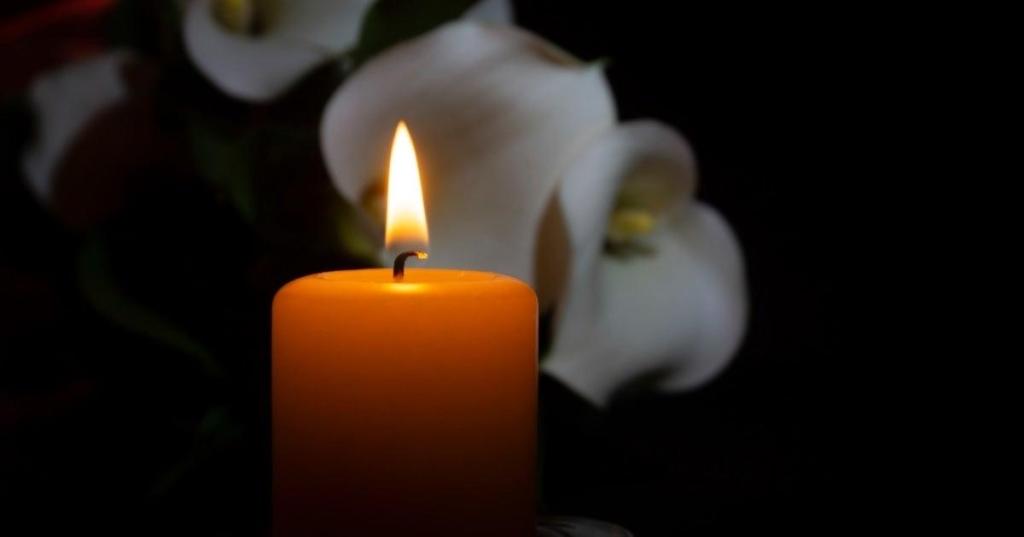Lee Sang Eun, a famous Korean singer, was found dead on July 6, according to reports from the Korean police. Lee, 46, was reportedly found dead at the theater on July 7 ahead of her performance of “Carmina Burana” at the 33rd Regular Concert of the Gimcheon Municipal Choir. As the show was due to start at 7:30 PM on July 6, she failed to appear at the time, and the staff member discovered that she collapsed in the women’s restroom in the theater at around 8:20 PM. She was immediately rushed to the hospital but was confirmed dead on arrival. There are no suspicions of foul play, but police are still investigating, and no cause of death has been determined. Lee was scheduled to perform at an event commemorating the cultural exchange between England and Honam, South Korea. After graduating from Seoul National University, she attended the Mannes School Of Music in New York for her Master’s degree. In addition to the National Opera Competition in South Korea, Lee competed in the Metropolitan Opera Competition in New York, the Connecticut Opera Competition, and The Olga Koussevitsky Competition.
After debuting in 1988, Lee, also known as Lee Tzsche, released 15 full-length albums and was named the Rookie Artist at the 1988 Golden Disc Awards and Female Musician of the Year at the 2004 and 2006 Korean Music Awards. As a first-time performer, she made her debut at the Riverside Music Festival in 1988, singing a song by another composer. During this time, she maintained a unisex look and became popular, but soon became dissatisfied with her career as an entertainer and took a sabbatical to study art in Japan and the US. Having released three more albums (Slow day (1991), Begin (1992), and Lee Sang-eun (1993), she went to Japan and worked with Japanese musicians, notably Takeda Hajimu (竹田元). Her sixth album GongMuDoHaGa(公無渡河歌) (1995), has been described as an “introspective reflection.”
Videos by PopCulture.com
According to some reports, she performed far better in Japan than in her native country. She enjoyed wide name recognition and was seen as more of an artist than a pop idol. As part of her seventh album, OiRobGo UtGin GaGe (1997), she was accompanied by her backing band, the Penguins (with Takeda Hajimu). From her eighth album, self-titled Lee Tszche (1997), she released albums for the worldwide market with Toshiba EMI, recording in America with American session musicians. The album contained both English versions of older songs as well as new tracks in English. As a result, a second English album, Asian Prescription, was released in 1999. 2019’s fLoW was her last album.








